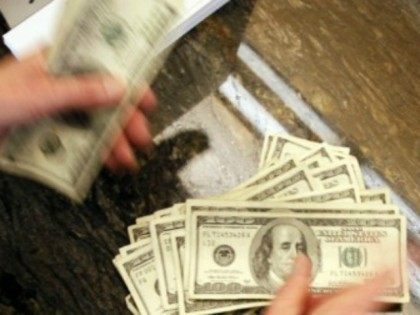Report: 62% of American Consumers Live Paycheck to Paycheck
A report revealed 62 percent of United States adults live paycheck to paycheck.

A report revealed 62 percent of United States adults live paycheck to paycheck.

On Thursday’s broadcast of CNBC’s “TechCheck,” White House Council of Economic Advisers Chair Cecilia Rouse reacted to the September inflation report by stating that the economy is cooling and “We know that people are starting to spend the excess savings

On Wednesday’s “CNN Newsroom,” Senior Adviser to President Joe Biden Gene Sperling responded to a question on who is to blame for survey data showing that a majority of Native American, black, and Hispanic households say inflation has caused serious
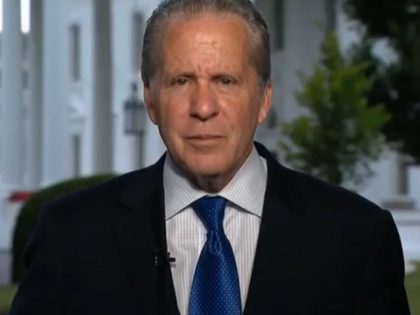
A survey released this week from LendEDU reveals that Americans were already on shaky financial ground even before the impact of the coronavirus outbreak.

As Americans usher in 2020, millions say they are making a New Year’s resolution to improve their finances.
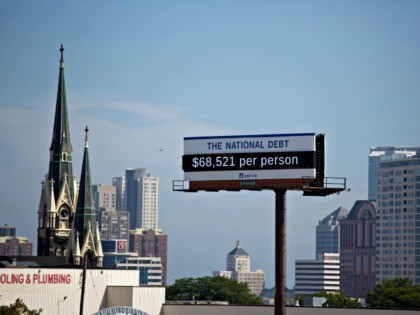
A frugal legal secretary from New York City who lived until the age of 96 quietly amassed millions of dollars and donated most of it to charity without telling even her closest friends and relatives.
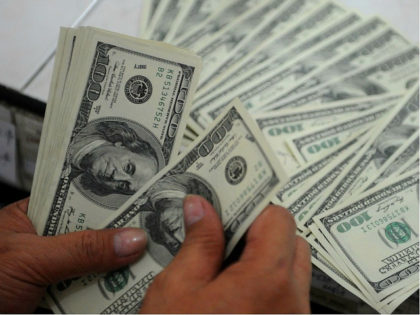
A Massachusetts couple made a bigger donation to their local food pantry than they expected after they gave away an empty can of soup filled with thousands of dollars.

The majority of Americans are so broke that when faced with a $1,000 emergency, they cannot afford to cover their expenses, a new study has found.
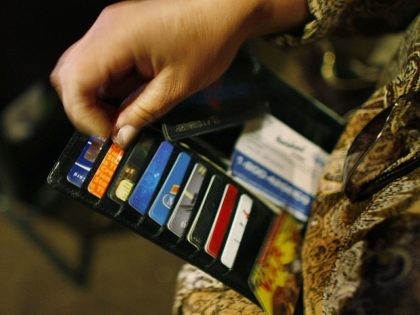
President Donald Trump tweeted his opposition Monday morning to changes to tax-deferred retirement accounts that were reportedly under consideration by House Republicans.

According to a new study by Bankrate.com, over half of Americans cannot financially handle a bill of $500 or more. 63 percent said they would be unable to handle an unexpected expense.

Study after study shows that Americans are not saving for retirement like they should, and a new survey finds that nearly one third of people who have some sort of savings plan have amassed less than $1,000 for retirement.
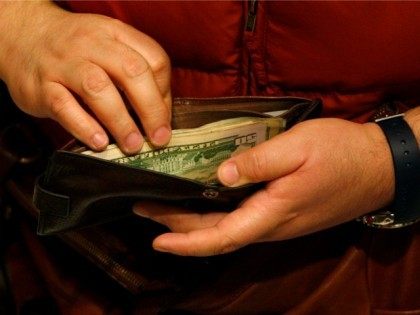
In the past, the Manhattan Institute has effectively highlighted how rising California public pension costs are cutting into “basic infrastructure maintenance, public safety, education, and quality-of-life services such as parks and libraries.” But in the newest report, “Pension Costs are Crowding Out Salaries,” by Senior Fellow Stephen D. Eide, the Manhattan Institute reveals how California public employees themselves are suffering. In a decade where pension costs rose by 135 percent and healthcare premiums by 85 percent, public sector wages grew 4.6 percent slower than private sector workers’ salaries.
